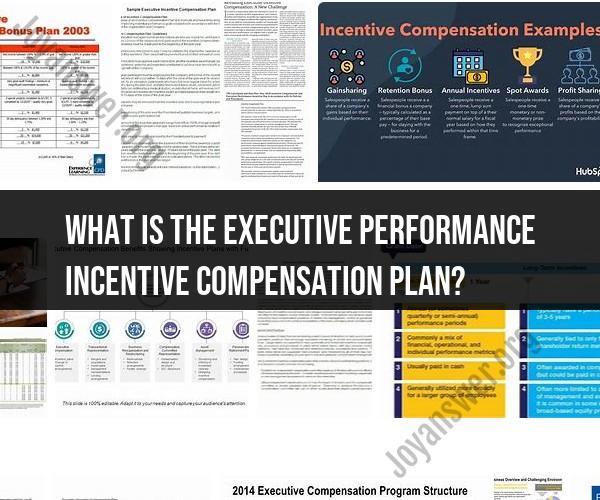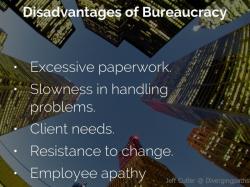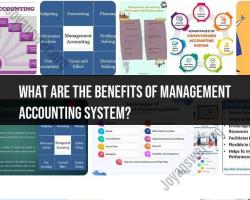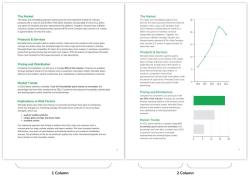What is the Executive Performance Incentive Compensation plan?
An Executive Performance Incentive Compensation Plan is a structured framework designed to motivate and reward top-level executives within an organization based on their performance and achievement of specific goals or targets. This type of compensation plan is commonly used to align the interests of executives with the company's strategic objectives, encourage high performance, and retain key talent. Here's an overview of the plan and its benefits:
Overview of an Executive Performance Incentive Compensation Plan:
Performance Metrics: The plan typically defines clear and measurable performance metrics or key performance indicators (KPIs) that executives are expected to meet or exceed. These metrics are aligned with the company's strategic goals and may include financial targets (e.g., revenue growth, profitability), operational targets (e.g., cost reduction, efficiency improvements), and strategic targets (e.g., market share expansion, innovation).
Variable Compensation: Unlike a fixed salary, executive performance incentive compensation is variable and may include components such as bonuses, stock options, restricted stock units (RSUs), or other forms of equity-based compensation.
Performance Period: The plan outlines a specific performance period during which executives are expected to achieve the defined goals. This period can vary but is often annual, aligning with the company's fiscal year.
Payout Structure: The plan specifies how the incentive compensation will be paid out based on performance. Payouts can be structured as a percentage of salary, a fixed amount, or a combination of both. The higher the performance against targets, the higher the payout.
Risk-Reward Balance: Executive performance incentive compensation plans are designed to strike a balance between risk and reward. Executives take on a degree of risk as their payouts depend on achieving set goals. However, the potential rewards for surpassing targets can be substantial.
Benefits of an Executive Performance Incentive Compensation Plan:
Alignment with Strategy: The plan aligns executive behavior with the organization's strategic objectives, ensuring that leaders prioritize initiatives that drive long-term success.
Motivation and Retention: It motivates top talent by offering the potential for higher earnings based on performance, which can help attract and retain experienced executives.
Performance Improvement: By linking compensation to performance, the plan encourages executives to excel and consistently meet or exceed targets.
Ownership Mentality: Equity-based components, such as stock options or RSUs, can instill an ownership mentality among executives, as they have a vested interest in the company's stock performance.
Risk Management: The plan includes performance targets that help manage risk and ensure that executives focus on sustainable growth and profitability rather than short-term gains.
Transparency and Accountability: Well-structured plans are transparent and clearly communicate performance expectations, fostering a sense of accountability among executives.
Competitive Advantage: Offering competitive incentive packages can make an organization more attractive to top executive talent in a competitive job market.
It's important to note that the specific details of an Executive Performance Incentive Compensation Plan can vary widely from one organization to another. The plan's effectiveness depends on its design, alignment with corporate strategy, and its ability to drive desired executive behavior and outcomes. Additionally, these plans are often subject to regulatory guidelines and corporate governance practices, and they should be carefully crafted to ensure fairness and transparency.













